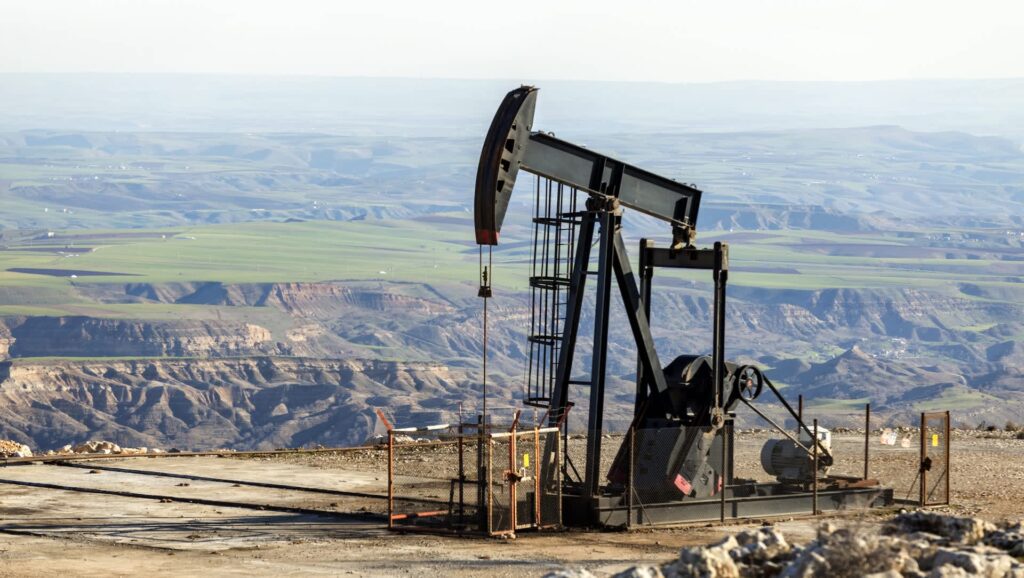
A Japanese energy company, Inpex, is facing intense scrutiny after admitting to a significant miscalculation in its toxic chemical releases at a gas plant near Darwin, Australia. The company disclosed that its Bladin Point gas plant released 556.9 tonnes (614 tons) of benzene during the 2023-24 period, a stark contrast to the previously reported 4.12 tonnes (4.5 tons).
The revelation has prompted an investigation by government regulators in the Northern Territory, raising concerns about the oversight of industrial emissions near populated areas. In addition to the benzene miscalculation, Inpex reported an incident on October 13, where storms resulted in 36,000 liters of oil spilling into the harbor and surrounding mangrove forests.
Environmental Concerns and Public Reaction
The admission has sparked outrage among environmental groups and local communities. Kirsty Howey, executive director of Environment Centre NT, expressed deep concern over the incident, stating,
“This diabolical failure is another sign that the gas industry has got our regulators and politicians in a chokehold. We’ve been hearing about air quality sensors going off at the Inpex plant for years, and this has confirmed our worst fears.”
The significant discrepancy in reported and actual emissions highlights potential flaws in the monitoring systems meant to protect residents living near industrial sites. Benzene, a known carcinogen, poses serious health risks with prolonged exposure, making accurate reporting crucial for public safety.
The Importance of Accurate Pollution Reporting
Inaccurate pollution data can have severe implications for communities, as it hampers their ability to make informed decisions about health and safety. The recent oil spill further exacerbates environmental concerns, threatening marine life and damaging coastal ecosystems.
Inpex has stated that air quality measurements in Darwin remain below thresholds that would trigger additional reviews. However, the failure to detect such a large miscalculation until now underscores the need for more robust monitoring and regulatory oversight.
Steps Toward Accountability
In response to the revelations, government regulators in the Northern Territory have initiated an investigation into Inpex’s reporting practices. The company has announced a review of its pollution calculations from previous years and is collaborating with environmental authorities to address the issue.
Residents living near industrial sites are encouraged to request air quality information from local environmental agencies and advocate for stronger monitoring requirements. Community groups play a vital role in monitoring industrial emissions and pushing for better protections, helping to hold companies accountable for environmental harm.
Broader Implications and Future Actions
This incident highlights the broader challenges of industrial pollution accountability and the need for stringent oversight to prevent similar occurrences. As communities become more aware of the potential dangers posed by nearby industrial activities, there is a growing call for transparency and stricter regulatory measures.
Moving forward, it is crucial for companies to ensure accurate reporting and for regulators to enforce compliance rigorously. Strengthening monitoring systems and enhancing public access to environmental data will be key steps in safeguarding community health and preserving natural ecosystems.
As the investigation unfolds, the focus will remain on how Inpex addresses these issues and the measures taken by authorities to prevent future environmental risks. The situation serves as a reminder of the ongoing need for vigilance and proactive measures in managing industrial pollution.






